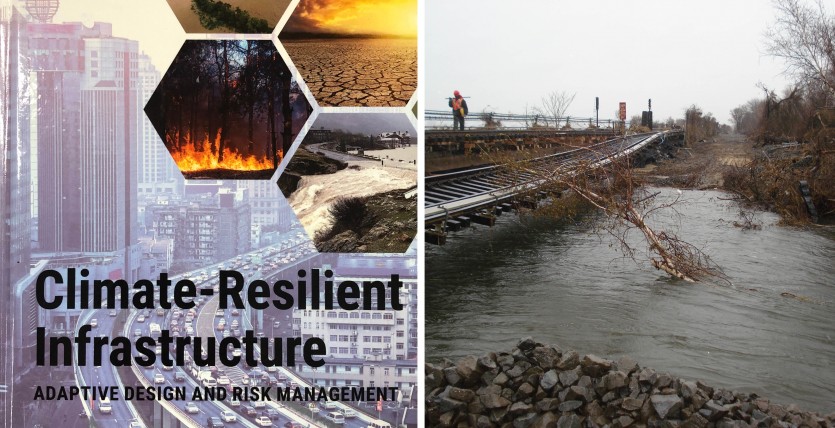페이지 정보
본문
South Korea's Climate-Resilient Infrastructure
Recorded by ADEJUMOBI OMOLOLA EUNICE
OCTOBER 14TH, 2023
Script
Hello, Hello, Hello Everyone, As climate change continues to pose challenges worldwide, many nations are actively investing in strategies to adapt and prepare for its inevitable effects. South Korea is among these nations, taking proactive measures to bolster its resilience in the face of shifting climate patterns. Here's a look at how South Korea is getting ready for the future impacts of climate change by focusing on three key areas: infrastructure development, water management, and disaster preparedness. 1. Strengthening Infrastructure: South Korea acknowledges the significance of having sturdy infrastructure to protect against climate-related disasters. The country is making substantial investments to enhance its infrastructure's ability to withstand the impacts of climate change. This involves constructing and reinforcing bridges, roads, and buildings to make them more capable of handling extreme weather. For instance, Seoul, the capital city, is raising the ground level in flood-prone areas and building reservoirs and flood control systems to reduce the risk of flooding. 2. Smart Water Management: Water management is a critical aspect of adapting to climate change, and South Korea is actively addressing this challenge. The government has adopted innovative methods for managing water resources, such as using rain gardens, permeable pavements, and green roofs to reduce urban flooding and conserve water. South Korea is also exploring alternative water sources, like desalinating seawater and harvesting rainwater, to reduce reliance on traditional water sources. 3. Preparing for Disasters: Climate change is associated with an increase in extreme weather events, making disaster preparedness a top priority in South Korea. The nation is investing in early warning systems, training emergency response teams, and conducting public awareness campaigns to ensure that its population is well-prepared to respond to natural disasters. Additionally, South Korea has developed advanced technology for monitoring and predicting extreme weather events, such as typhoons and heavy rainfall, to provide timely alerts to residents and authorities. In summary, South Korea's dedication to climate change adaptation strategies through infrastructure development, water management, and disaster preparedness demonstrates its proactive approach to secure its future in the face of a changing climate. By prioritizing these areas, South Korea is not only working to protect its people and environment but also setting an example for the global community on how to create a more climate-resilient future.
첨부파일
-
AUDIO.m4a (1.6M)
0회 다운로드 | DATE : 2023-10-14 19:59:52

